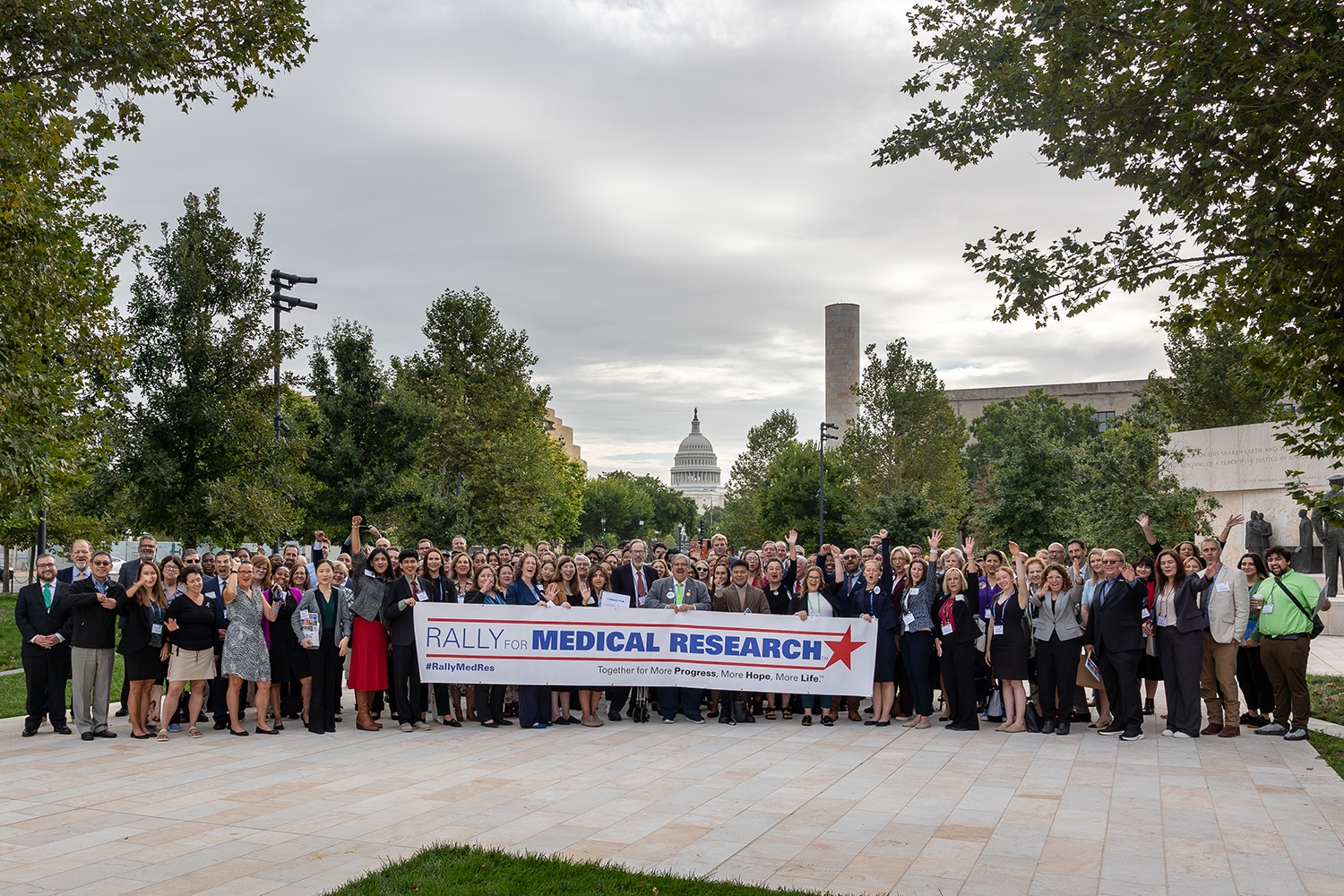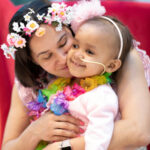-
Policy, Patients & Progress
Rallying in a Year of UncertaintyAt a defining moment, a broad coalition came to Capitol Hill to protect science, defend progress and stand up for patients. Congress must hear from you next.
by Carly McCallie
-
Get Involved
Making Moments CountThe Zoefia Alexandria Foundation supplies toys and activities to pediatric cancer patients to allow for joy during treatment.
by Thomas Celona
-
Technology’s Changing Role in Cancer Care
Experts explain how artificial intelligence, nanotechnology and decentralized care are poised to improve research, detection and treatment.
by Thomas Celona
-
Policy Matters
The Future of Cancer Research Rests With CongressFederal funding will determine whether lifesaving science continues to reach patients.
by Carly McCallie
-
Redefining Cancer Survivorship
As people with advanced disease live longer, they face physical and mental health side effects. Patient advocates say research and care must focus on their unique needs.
by Thomas Celona
-
Family of Henrietta Lacks Works for ‘Health Intelligence’
Alfred Lacks Carter Jr. and other family members honor the legacy of Henrietta Lacks by helping others better understand their health care.
by Kevin McLaughlin
-
Federal Support for Cancer Research Takes the Stage at AACR Annual Meeting
Scientists and former administrators gather for session focused on advocating for cancer research in uncertain times.
by Kevin McLaughlin
-
Policy Matters
Toward Improved Dosing in the Precision Oncology EraA forthcoming article series outlines considerations for the dose optimization of modern oncology drugs.
by Brad Davidson, PhD
-
Get Involved
Stitching SupportFourteen-year-old Giuliana Demma sews colorful hospital gowns for children receiving cancer treatment.
by Thomas Celona
-
Facts and Stats
A Broader View of ResearchPeople diagnosed with cancer can participate in various kinds of studies.
by Thomas Celona
Cancer Talk
Connecting More Patients to Cancer Clinical Trials
AACR conference brings experts together to discuss strategies to reach people historically left out of cancer research.
by Eric Fitzsimmons
Treatment Combination Improves Survival in EGFR-positive Lung CancerAdding chemotherapy to targeted therapy improves outcomes for people with advanced EGFR-positive non-small cell lung cancer.
by Sandra Gordon
Lessons From 20 Years Living With CancerMultiple myeloma survivor Jonathan Gluck reflects on uncertainty, and the scientific progress that has kept him living with cancer for more than two decades.
by Eric Fitzsimmons
The Enduring Importance of Cancer Disparities ResearchOpening session from AACR conference highlights how perseverance and adversity have informed cancer disparities research over the years.
by Eric Fitzsimmons














